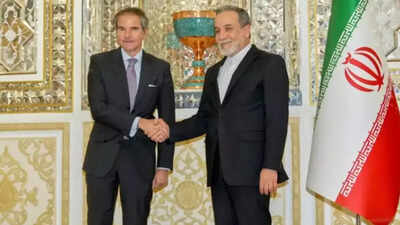Tributes Pour In for Abdullah Ahmad Badawi, Former Prime Minister of Malaysia

Abdullah Ahmad Badawi, a notable figure in Malaysian politics and the country's fifth prime minister, passed away on Monday in Kuala Lumpur, the capital city of Malaysia. He was 85 years old. Abdullahs death has brought an outpouring of tributes from political allies, scholars, and citizens alike, reflecting on his impactful leadership from 2003 to 2009.
Khairy Jamaluddin, a former health minister who is also Abdullah's son-in-law, confirmed the news of his passing at the National Heart Institute, where Abdullah had been receiving treatment for various health issues, specifically respiratory complications. It was previously disclosed in 2022 that Abdullah was suffering from dementia, a condition that had affected his health in recent years.
Abdullah's tenure as prime minister followed the extensive rule of Mahathir Mohamad, who held the position for 22 years. During Abdullah's leadership, he approached governance with a notably low-key demeanor, which contrasted sharply with Mahathir's more confrontational style. His calm approach contributed to a more measured public discourse in Malaysia, a nation long characterized by its complex and often tense ethnic dynamics. Malaysia is a diverse country with a significant Muslim majority, alongside sizeable Chinese and Indian communities, and Abdullah's leadership focused on promoting harmony between these groups.
One of Abdullah's most significant contributions during his time in office was the enhancement of political freedoms and the lifting of restrictions on the press. His administration was marked by an increased openness that allowed for constructive dialogue about Malaysias socio-political challenges. Bridget Welsh, a prominent observer of Malaysian politics and an academic at the University of Nottingham Asia Research Center, commented on Abdullahs approach, stating, Abdullahs strength was allowing dialogue and discussions of Malaysias problems.
This newfound political space inevitably led to a rise in public expectations and criticisms, which Abdullah had to navigate throughout his administration. Despite these challenges, his legacy is often viewed as a pivotal moment in Malaysian history, as he aimed to reconcile the various strains of Islam within the nation and build a more inclusive political environment.
As Malaysia mourns the loss of a leader who sought to foster dialogue and understanding, many are reflecting on the impact of Abdullah Ahmad Badawis legacy, which continues to resonate in the current political landscape.


























